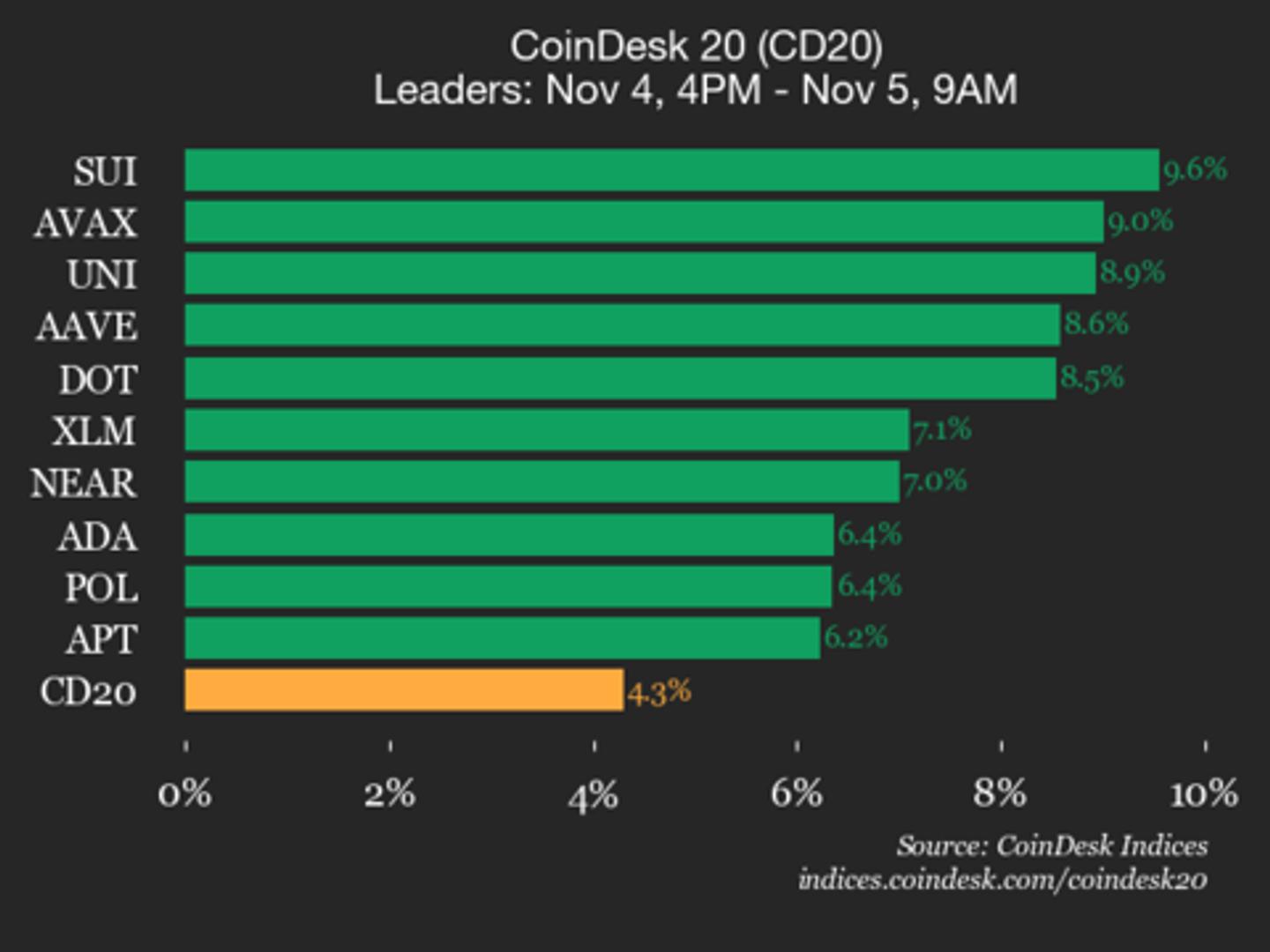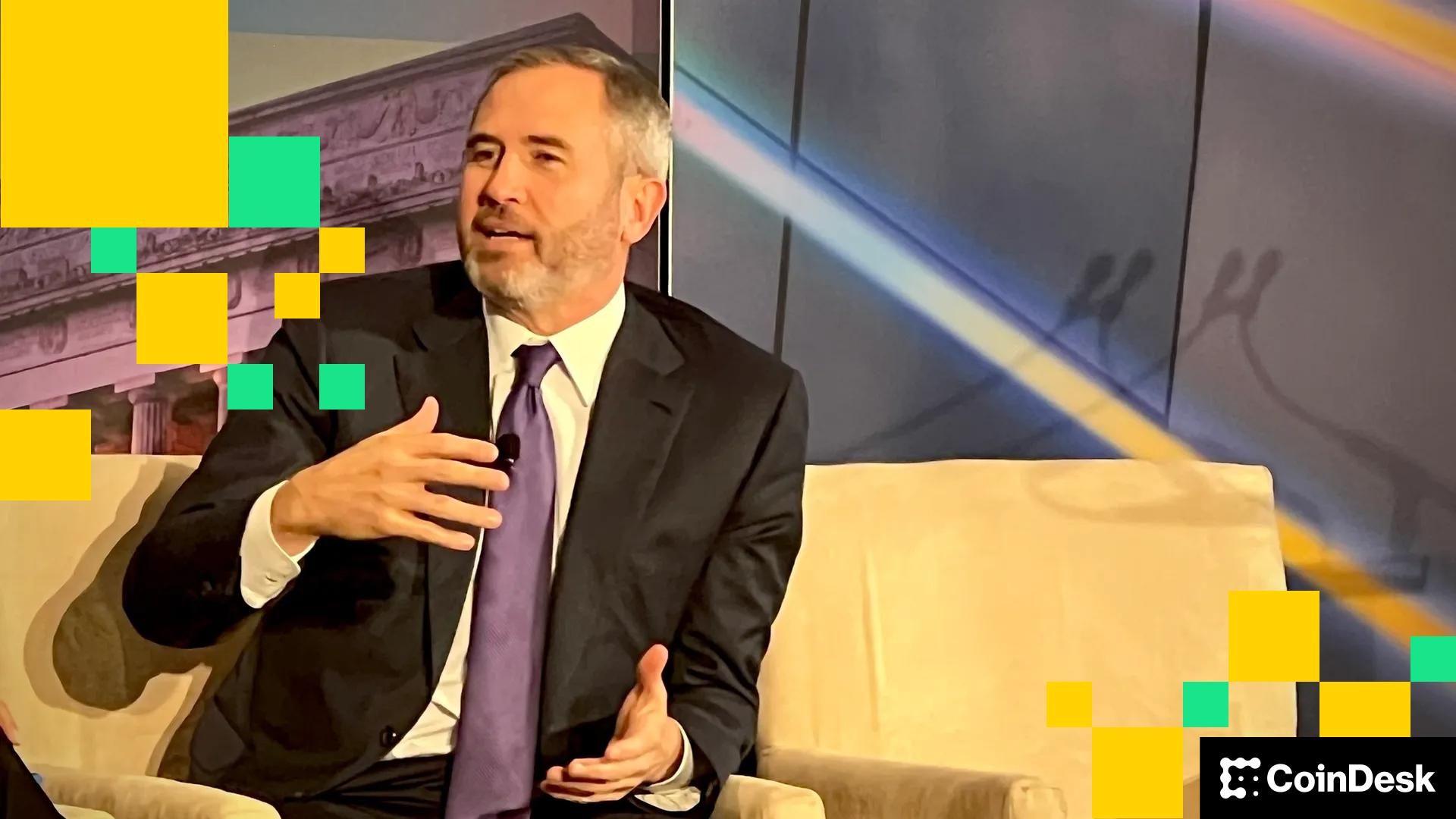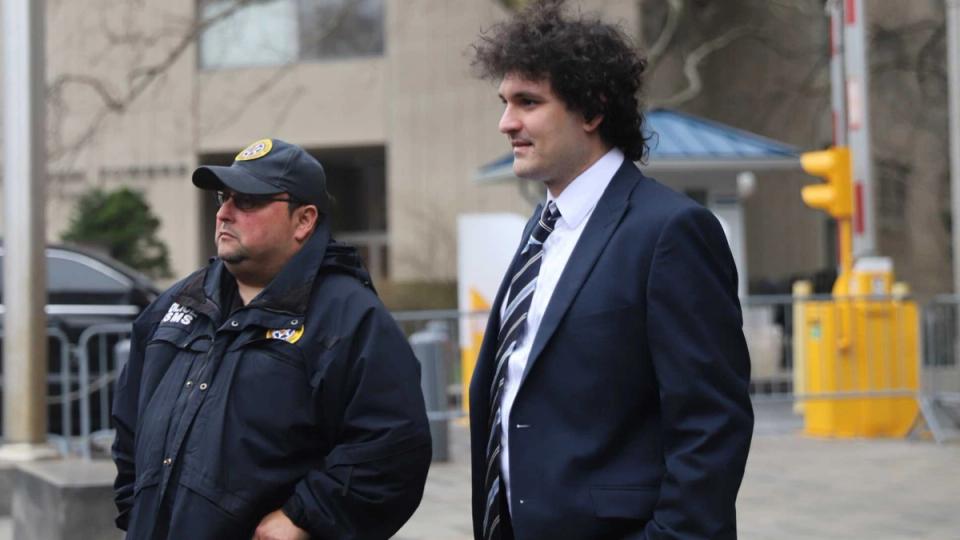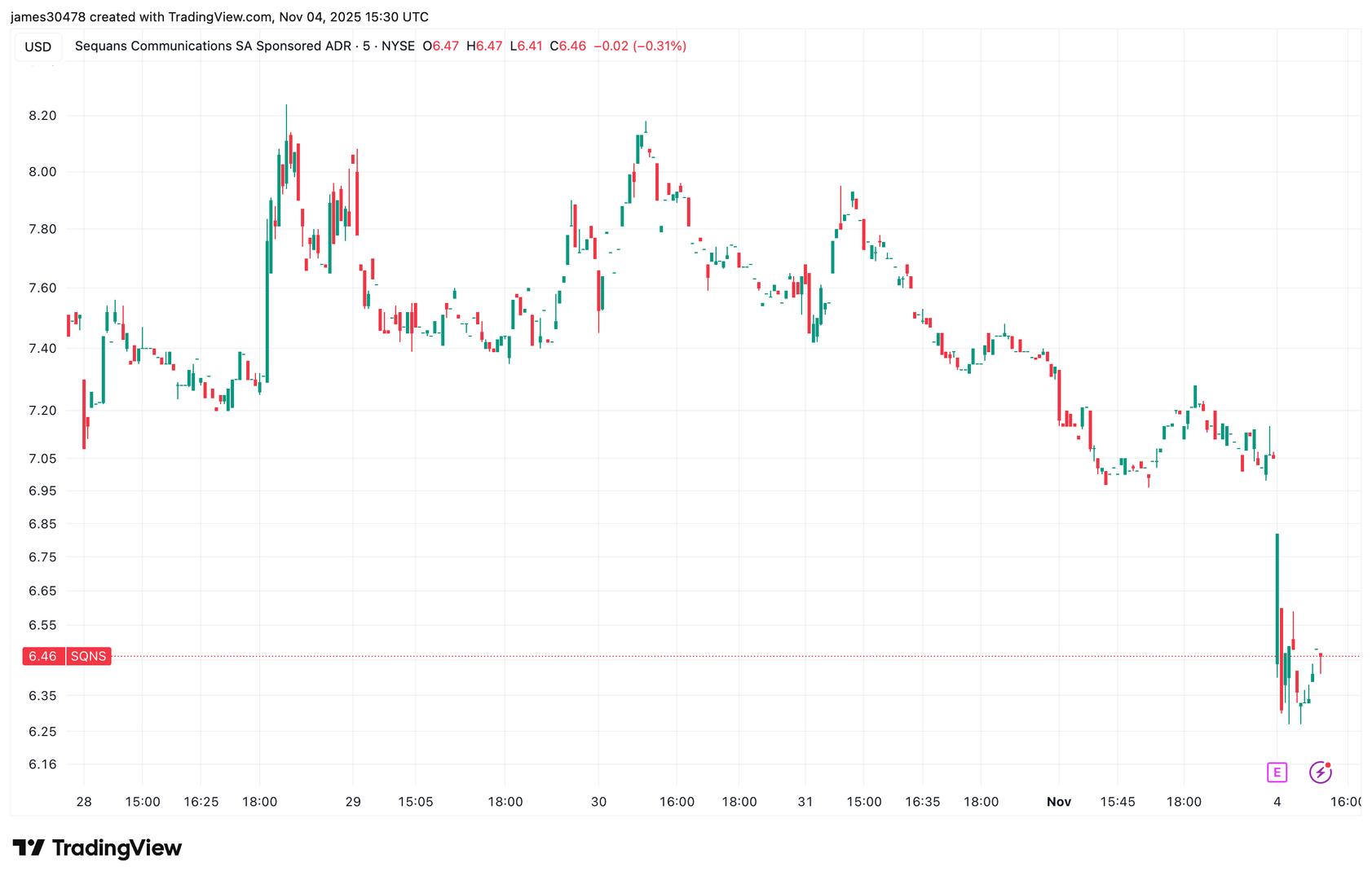Crypto advocacy radical DeFi Education Fund has urged the US Department of Justice (DOJ) to reconsider its attack to holding DeFi protocol developers accountable for users’ actions.
In a blog post published connected Feb. 4 by Andreessen Horowitz (A16z), co-authors Miller Whitehouse-Levine and Amanda Tuminelli from the DeFi Education Fund argued that developers should not beryllium liable for however their bundle is used, comparing them to car manufacturers who are not liable for drivers’ actions.
According to them:
“The aforesaid intuitive rule that governs our knowing of car shaper and operator liability should beryllium the instauration of sensible policymaking successful the discourse of decentralized networks and protocols.”
The authors warned that targeting developers nether laws specified arsenic Section 1960 could make harmful precedents, perchance expanding ineligible risks crossed the crypto industry.
They wrote:
“Holding radical liable for systems and activities implicit which they workout nary bureau oregon power leads to perverse outcomes. “
They further stressed that policymakers indispensable separate betwixt those who make exertion and those who actively power it. Misplacing liability, they argued, could hinder technological advancement and discourage innovation successful the DeFi sector.
Regulatory clarity
To exemplify their point, the authors outlined however the DOJ’s wide mentation of the “Money Transmitting license” negatively impacts the manufacture by comparing transactions connected centralized exchanges to DeFi protocols.
This instrumentality governs money-transmitting businesses and carries terrible penalties, including fines of up to $250,000 and 5 years successful situation for failing to register. Presently, the authorities are entangled successful a legal showdown with Tornado Cash’s developer, Roman Storm, for alleged usurpation of this provision.
According to them, erstwhile users commercialized connected a centralized exchange, they transportation funds to the platform, giving it power implicit their assets. This statement makes centralized exchanges taxable to fiscal regulations.
However, successful DeFi, users clasp afloat power implicit their funds, executing transactions straight done blockchain-based protocols. This favoritism is important for regulatory clarity.
The authors argued that a due mentation of wealth transmission laws indispensable origin successful custody and control. A centralized speech moves idiosyncratic funds connected behalf of customers, making it a fiscal intermediary. In contrast, a DeFi protocol is simply a instrumentality that users interact with connected their ain terms, without immoderate third-party oversight.
Due to this, the authors called for clearer ineligible guidelines, peculiarly successful defining power wrong fiscal regulations. They noted that a well-defined ineligible model volition trim uncertainty and enactment liable innovation.
They concluded:
“Industry and lawmakers indispensable travel unneurotic successful 2025 to guarantee the instrumentality decently reflects close concepts of custody and power and the responsibilities that travel from it — whether that’s successful the discourse of a marketplace operation bill, broker reporting obligations, oregon successful reforming Section 1960.”
The station DeFi advocacy radical urges DOJ to rethink liability for developers appeared archetypal connected CryptoSlate.

 8 months ago
8 months ago









 English (US)
English (US)